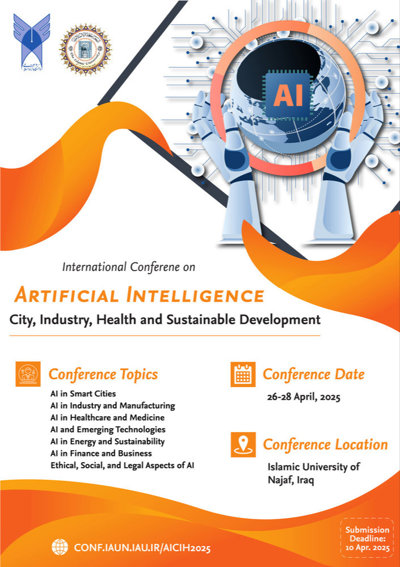0% Complete

نویسندگان :
کلمات کلیدی :
چکیده :
لیست مقالات بایگانی شده
Sajad Balali Dehkordi - Saeed Nasri - Sina Dami
فرشته صادقی - داوود ثمنی مقدم
Azadeh Barani - Majid Moazzami - Ghazanfar Shahgholian - Fariborz Haghighatdar
احسان قربانی - مهدی آمون
احسان آقاباباگلی
محسن دلفانی - حمیدرضا بهمنی
Paniz MohsenNia - Saeed Kafshdouzzadeh - Ehsan Shahi - Amirreza Khanzadeh Khaneqah - Alireza Fereidunian
Ali Hosseinzadeh - Mohamadreza Hashemi - Mahsa Hamidi - Mehdi Oloomi Bayegi - Mostafa Eidiani


